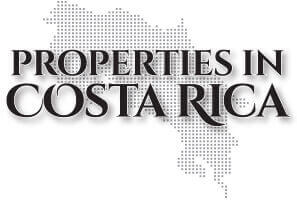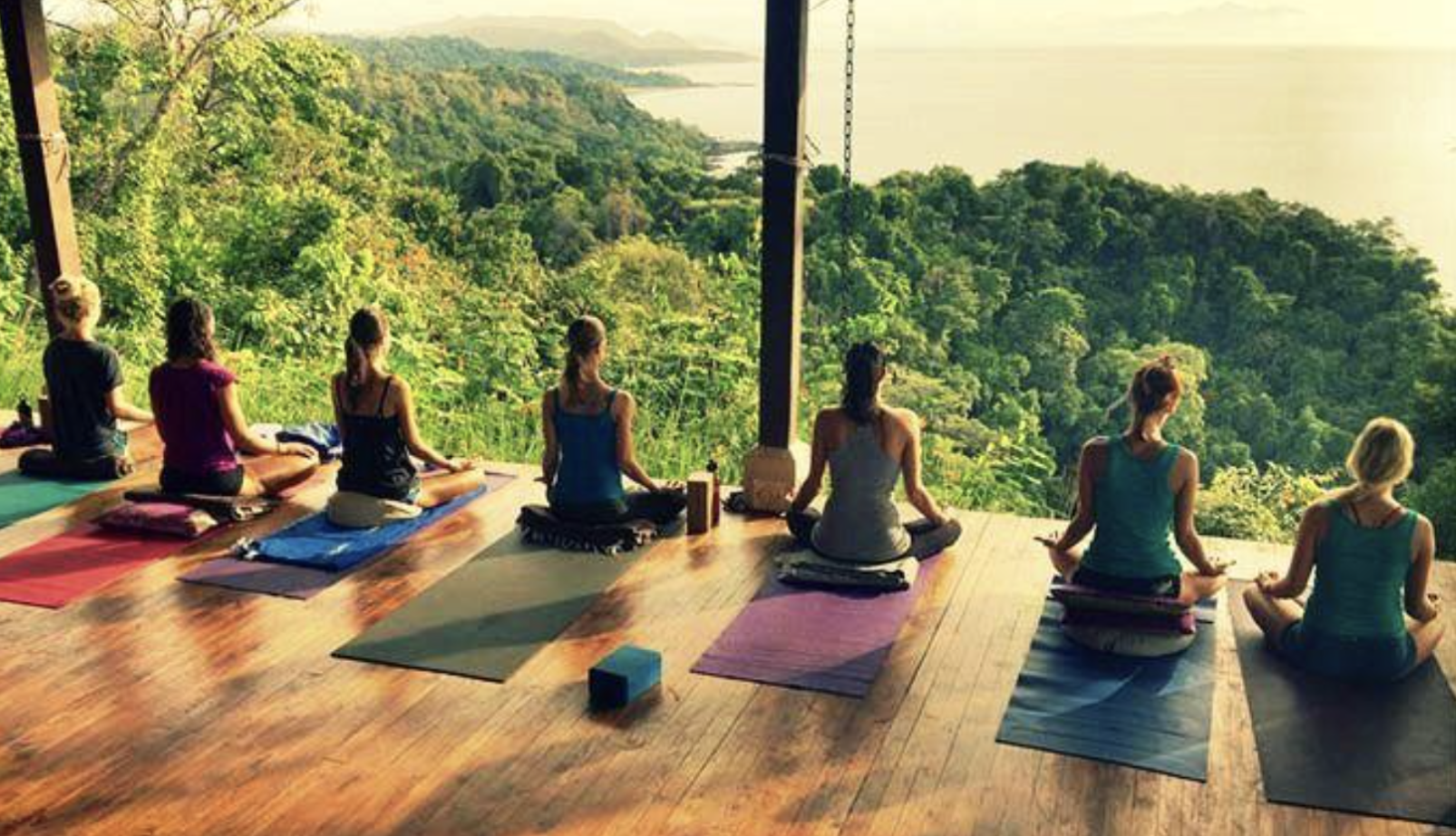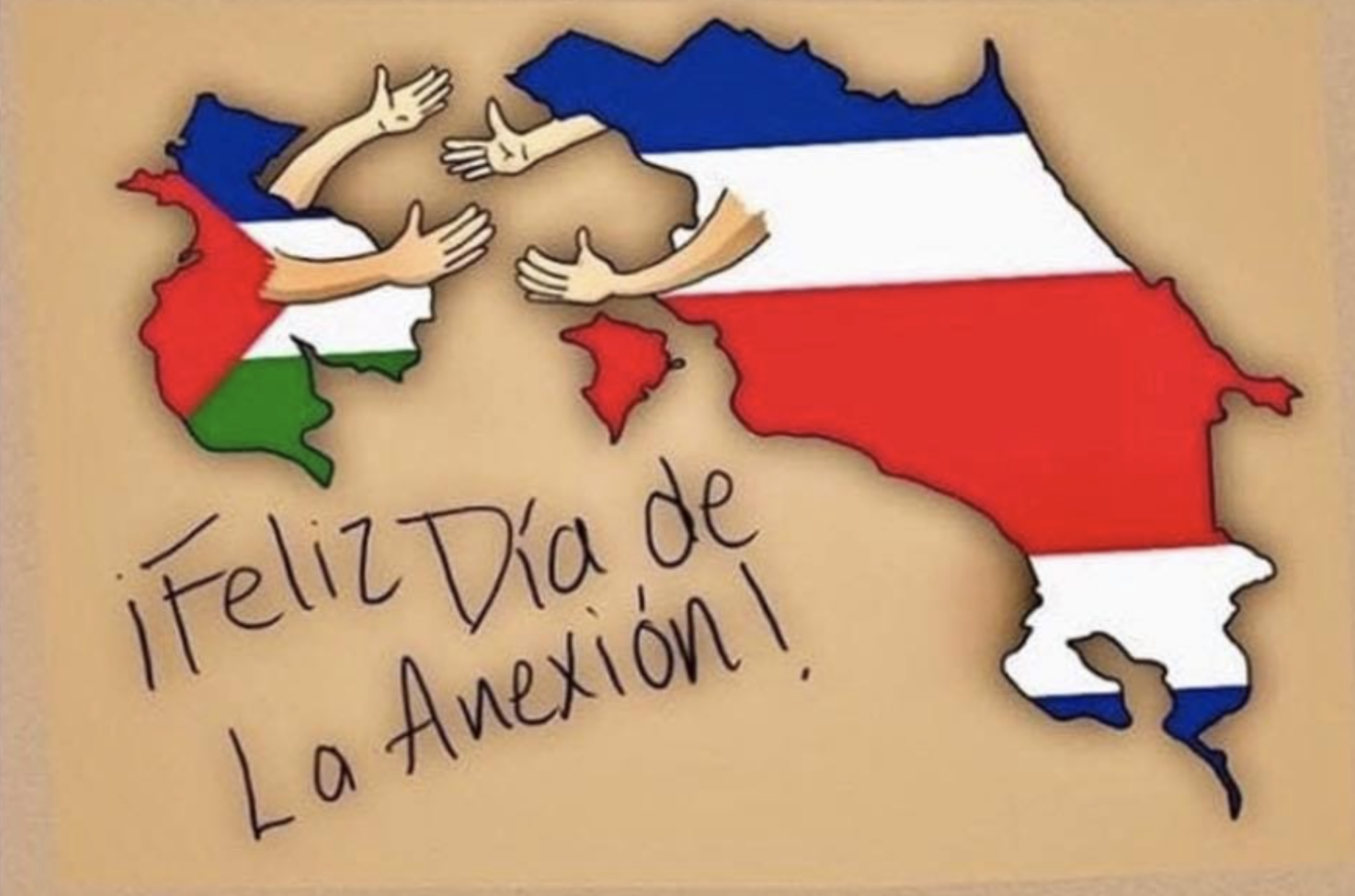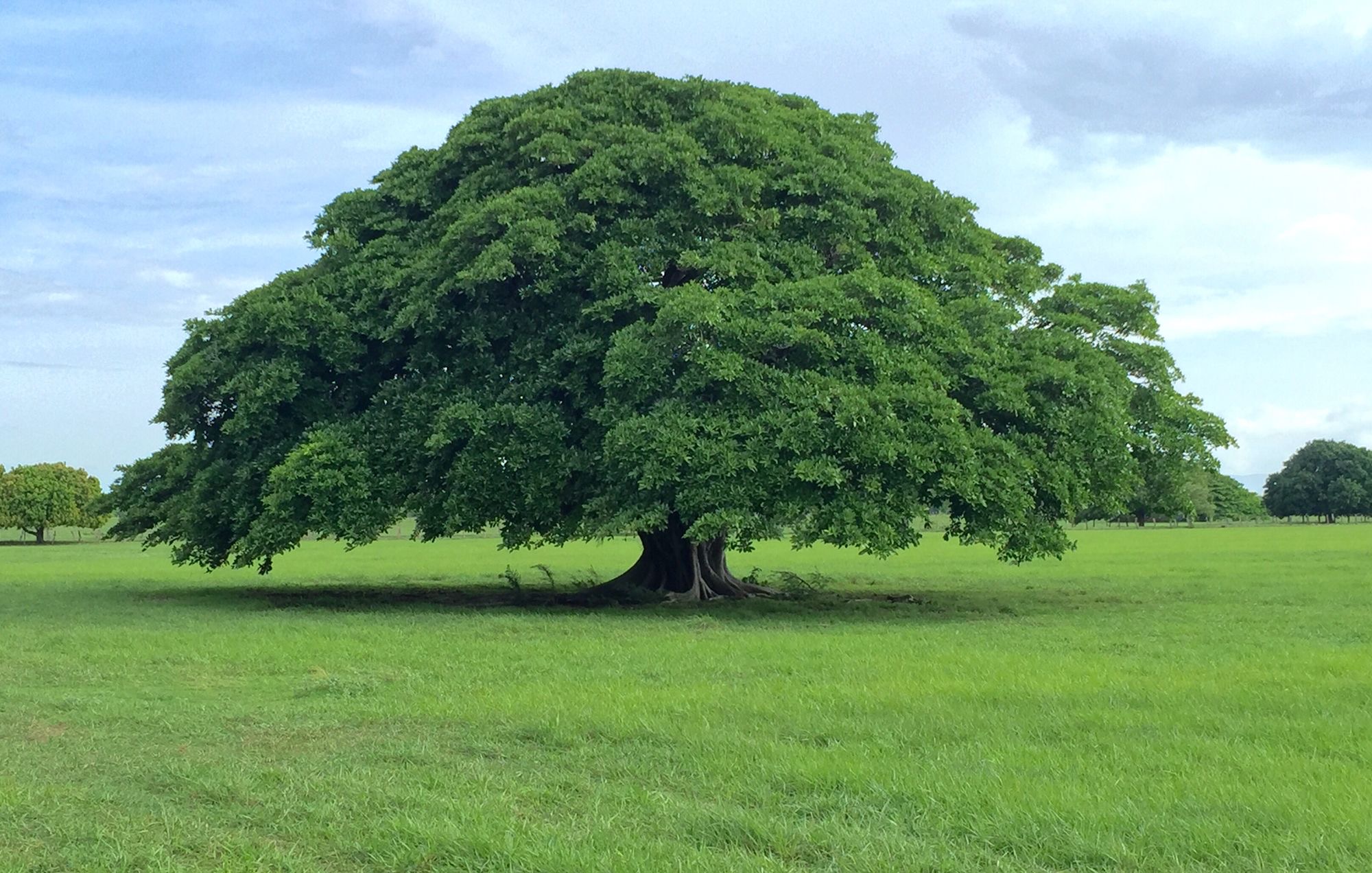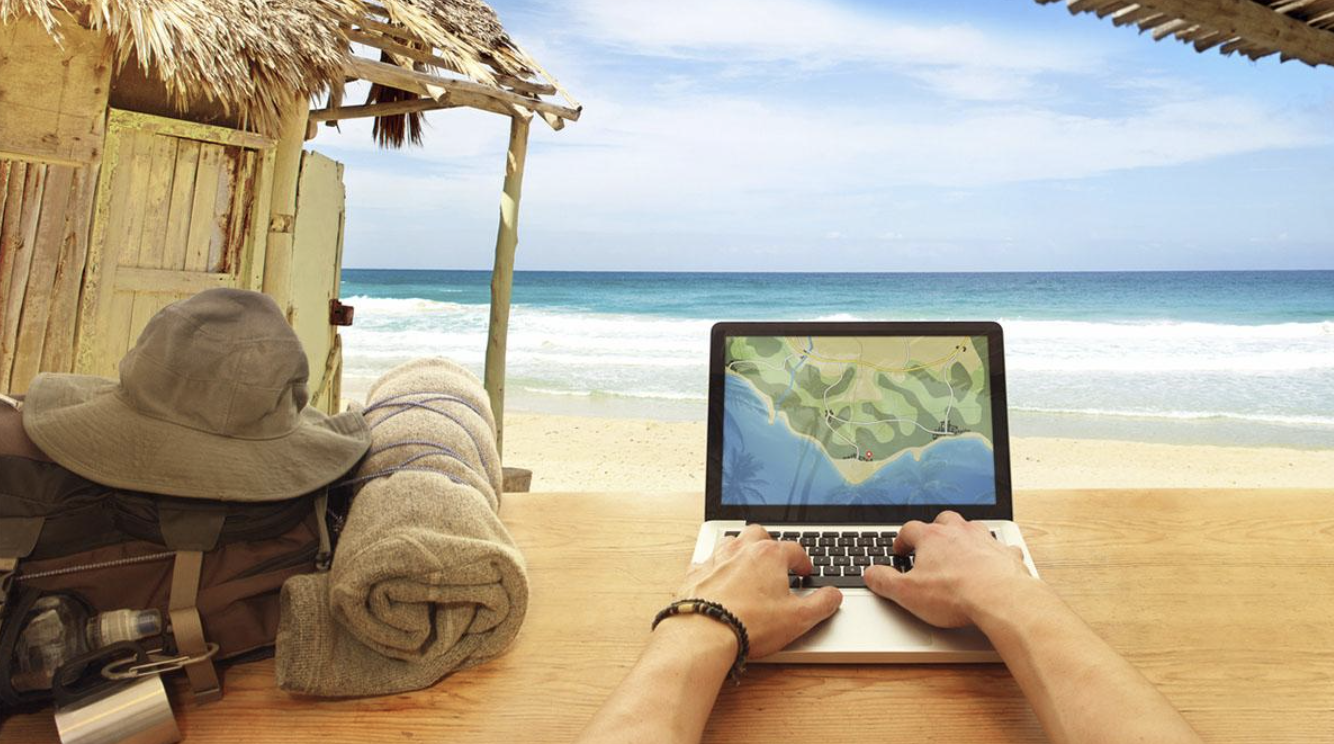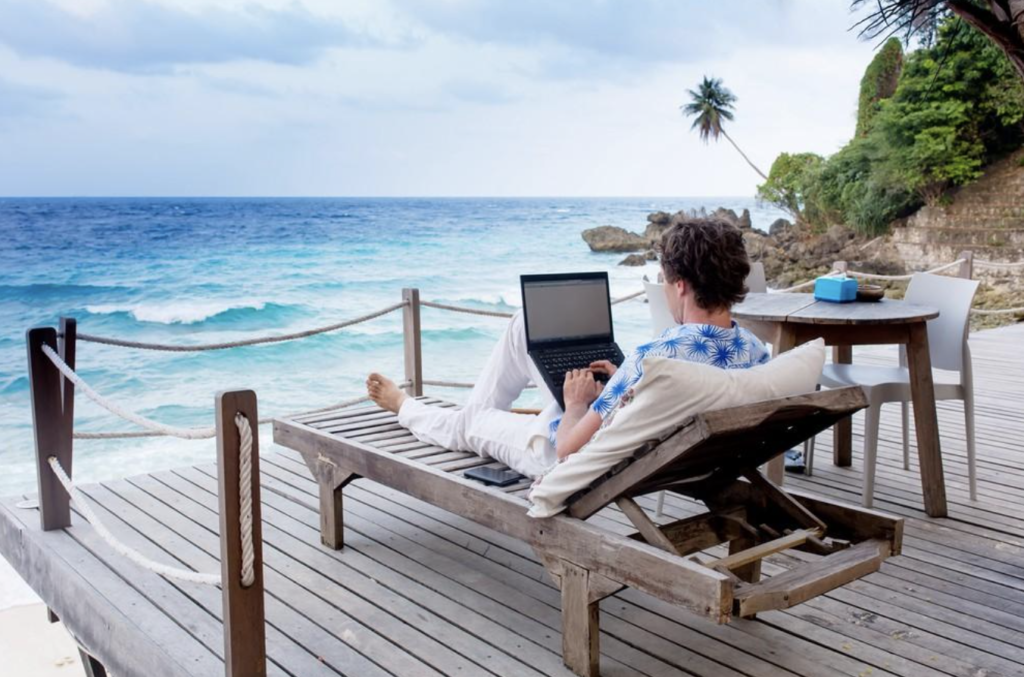Costa Rica and the Wellness Tourism
July 29, 2022
Properties in Costa Rica
Wellness Tourism is defined as trips that aim to maintain or improve personal well-being. It focuses on three main lines with alternative and therapeutic treatments such as thalassotherapy, thermalism and the development of spas or wellness centers, which provide multiple benefits for the human body.
According to a general study by the “Global Wellness Institute”, wellness tourism is growing by 7% a year and tourists seeking this type of experience are willing to invest up to 60% more than other types of tourists.
According to a general study by the “Global Wellness Institute”, wellness tourism is growing by 7% a year and tourists seeking this type of experience are willing to invest up to 60% more than other types of tourists.

It includes activities that provide physical benefits for the human being; such as hiking trails, hot stone massages, volcanic mud skin treatments, yoga and forest therapy; a slow and relaxed walk through some natural environment that awakens the senses.
The growing demand for wellness tourism represents an opportunity for tourism companies, to develop offers for these travelers that prioritize their mental and physical health, thus improving the economy of entire countries.
Costa Rica developed the “Wellness Pura Vida” strategy. A wellness tourism strategy, that seeks to differentiate and position Costa Rica as a global wellness destination.
Tourism is one of the main engines of the Costa Rican economy, a country that, before the COVID-19 pandemic, received around 3 million international tourists each year. Close to 500,000 people depend directly and indirectly on this activity in the South American country, which is home to around 5% of the planet’s biodiversity.

Costa Rica’s comparative advantages are its oceans, a great wealth of inland waters, volcanoes, hot springs with high potential to become wellness centers, competitive costs, beautiful and exotic landscapes, healthy food and the friendliness of its inhabitants.
In addition, the Central American country has a wide variety of facilities for purchase or rent throughout the national territory, which offer activities in harmony with nature such as: massages, thermal pools, relaxation spaces, Jacuzzis, steam baths, waterfalls, group physical activities, adventure, etc.
The ideal destination to connect body, mind and spirit.
Written by: Fabiola Andrew Cardoso
